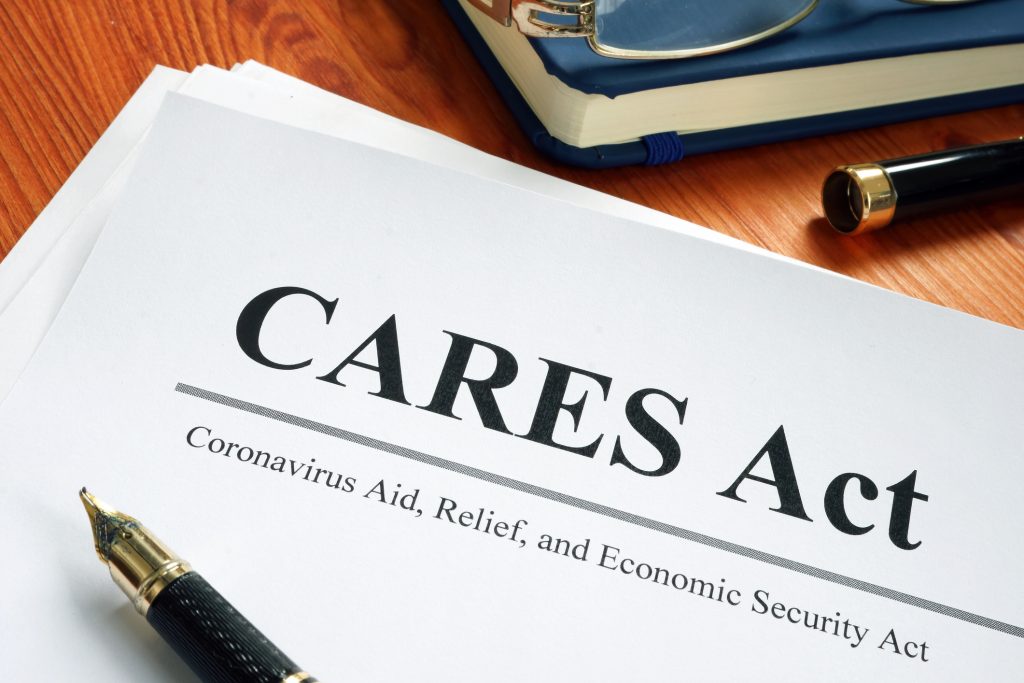
President Trump signed the Coronavirus Aid, Relief, and Economic Security (CARES) Act into law to help Americans combat the economic effects of the coronavirus. It includes potential tax breaks, checks for qualifying Americans, and temporary new rules for retirement account withdrawals. Here’s a guide to the CARES Act for Americans 50 and over.
Checks for Qualifying Americans
- Whether you receive a check depends on your adjusted gross income (AGI). If you have filed your 2019 taxes, it will be based on that, and if not, it will be based on your 2018 tax return. Individuals with AGI less than $75,000 and couples with AGI less than $150,000 will receive the full $1,200 or $2,400 amount, respectively. There is also an additional $500 per child under 17.[1]
- Beyond these thresholds, there is a $5 decrease per $100 of income. The amount phases out for individuals making $99,000 and couples making $198,000.
- Keep in mind that since the federal tax filing deadline was extended to July 15th, you have some say in which year your income is based on. If you receive Social Security and do not file a tax return, you will still receive money if your AGI is within the threshold.
Suspended 2020 RMDs
- Required Minimum Distributions (RMDs) are suspended for the 2020 calendar year.[2] If you have already taken your 2020 RMD from your account, you have 60 days to undo it. This means writing a check and depositing it back into the same amount.
- You are also not required to take an RMD from an inherited retirement account. However, if you’ve already taken a distribution, there is no way to put the money back in.
- If you don’t need the income from an RMD, you can take advantage of this opportunity. By keeping your income for 2020 low, you can reduce your tax burden or possibly make a Roth IRA conversion. This is one of many ways a financial advisor can help you with tax strategies.
New Rules for Retirement Account Withdrawals
- While taking money out of your retirement account before ago 59 ½ is normally not advised, some people may wish to at this time. You can withdraw up to $100,000 from retirement account(s) and pay the tax over three years.
- In most cases, those under age 59 ½ would incur a 10% early-distribution penalty. That penalty has been waived for up to $100,000.[3]
- Normally, there is a cap on how much someone can donate to charity tax-free, which is 60% of a taxpayer’s AGI. The CARES Act raises this limit to 100% of AGI for 2020. There is also a provision that allows taxpayers who don’t itemize to deduct up to $300 in charitable donations.
There is a lot for Americans 50 and over to weigh before making a decision at this time. If you’re unsure of what to do, or how to maximize the benefit of the CARES Act, contact us. We can look at your unique financial situation, and help you create a comprehensive retirement plan with recent threats and opportunities in mind.





